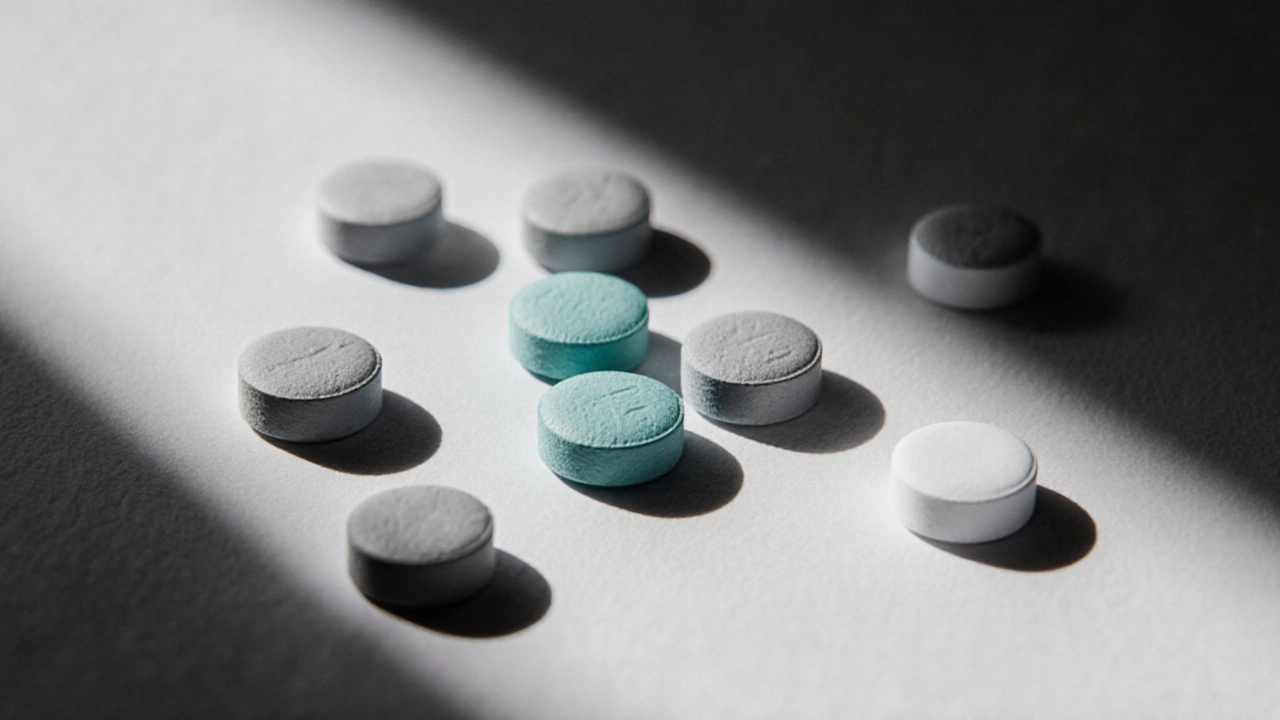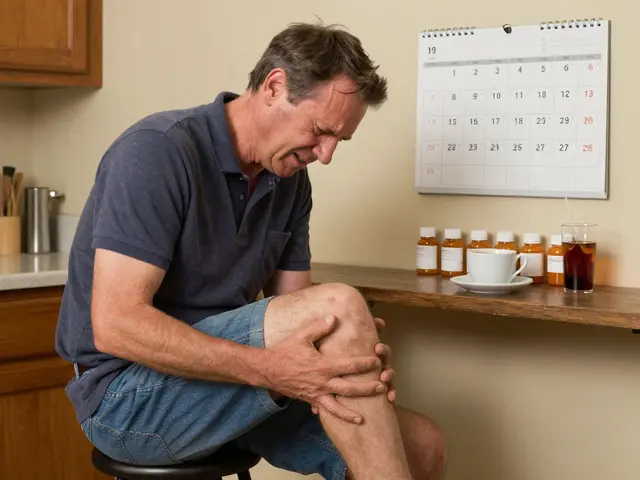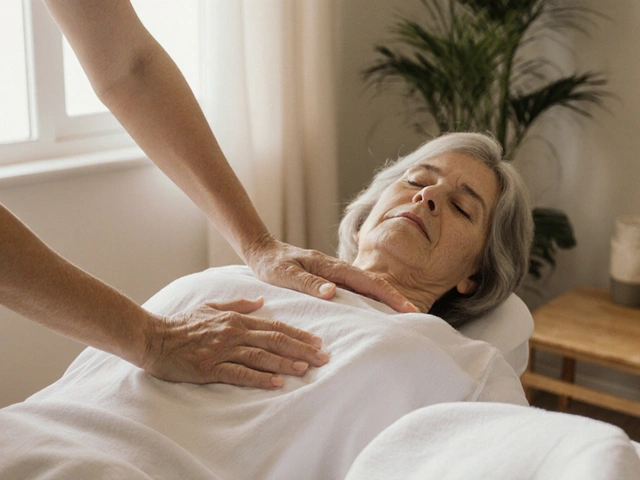Malaria Drug: Essentials, Types, and Treatment Strategies
When talking about malaria drug, a medication used to prevent or cure infection caused by Plasmodium parasites. Also known as antimalarial, it plays a vital role in global health, especially in regions where malaria remains a leading cause of illness. Understanding how malaria drug works helps you choose the right option for travel, treatment, or public‑health planning.
One of the most effective classes is artemisinin, a natural compound derived from the sweet wormwood plant, used in combination therapies to clear parasites quickly. Artemisinin‑based combination therapies (ACTs) are recommended by the WHO for uncomplicated Plasmodium falciparum infection because they reduce resistance risk and cure rates exceed 95%. Another historic option is chloroquine, once the first‑line drug for many malaria strains, now limited by widespread resistance. While chloroquine remains useful in areas where the parasite is still sensitive, clinicians must test local resistance patterns before prescribing.
Key Antimalarial Options and Their Roles
Beyond artemisinin and chloroquine, mefloquine, a synthetic drug used for both prophylaxis and treatment of multi‑drug‑resistant malaria, offers a once‑weekly dosing schedule for travelers. Its side‑effect profile—especially neuropsychiatric symptoms—means doctors weigh benefits carefully. Other options include atovaquone‑proguanil (Malarone) for short‑term travelers and primaquine for liver‑stage eradication of Plasmodium vivax and preventing relapse by targeting dormant hypnozoites. Each drug class has distinct attributes: onset speed, dosing frequency, safety in pregnancy, and activity against specific parasite stages.
Resistance dynamics shape which malaria drug you’ll encounter. When a parasite develops mutations in the PfCRT gene, chloroquine effectiveness drops dramatically; similarly, mutations in the Kelch13 gene signal artemisinin resistance in the Greater Mekong Subregion. Health officials monitor these trends via the WHO’s Global Malaria Programme, adjusting treatment guidelines as needed. For patients, resistance means a higher chance of treatment failure, necessitating rapid diagnostic testing and, often, a switch to a different ACT or combination therapy.
Prophylaxis is another critical piece of the puzzle. Travelers to endemic regions typically take a malaria drug before, during, and after their stay. The choice hinges on destination risk, drug‑specific contraindications, and personal health history. For instance, doxycycline works well for many areas but can cause photosensitivity, while atovaquone‑proguanil offers fewer side effects but higher cost. Proper timing—starting a drug 1–2 days before arrival and continuing 4 weeks after leaving—maximizes protection.
Diagnosis and treatment go hand‑in‑hand. Rapid diagnostic tests (RDTs) or microscopy confirm infection, then clinicians select the appropriate malaria drug based on species, severity, and resistance data. Severe cases often require intravenous artesunate, followed by a full ACT course. Children and pregnant women receive tailored regimens: e.g., quinine plus clindamycin for pregnant patients in areas where ACTs aren’t safe.
Beyond individual care, malaria drug stewardship matters for public health. Overuse or misuse can speed up resistance, so programs promote test‑and‑treat strategies, adherence counseling, and community education. Supply chain integrity ensures that the drugs reaching remote clinics are authentic and stored correctly, preserving efficacy.
If you’re a health professional, staying current with the latest WHO treatment guidelines, regional resistance maps, and drug safety updates is essential. If you’re a traveler, consulting a travel clinic well before departure helps you pick the right malaria drug, understand dosing, and learn how to recognize early symptoms.
Below you’ll find a curated collection of articles that dive deeper into specific malaria drugs, resistance patterns, dosing strategies, and real‑world case studies. Whether you need a quick overview or detailed guidance, the posts ahead cover everything from artemisinin combinations to chloroquine resistance monitoring. Explore the resources to boost your knowledge and make informed decisions about malaria prevention and treatment.

Hydroxychloroquine vs Alternative Treatments: Benefits, Risks & When to Use
A detailed comparison of hydroxychloroquine with other COVID‑19 and autoimmune treatments, covering mechanisms, efficacy, side effects, and when each drug is appropriate.
MedicationsLatest Posts
Tags
- online pharmacy
- medication safety
- generic drugs
- medication
- dietary supplement
- side effects
- online pharmacy UK
- drug interactions
- mental health
- impact
- online pharmacies
- statin side effects
- dosage
- generic vs brand
- pediatric antibiotics
- antibiotic side effects
- skin health
- health
- pain relief
- dietary supplements




